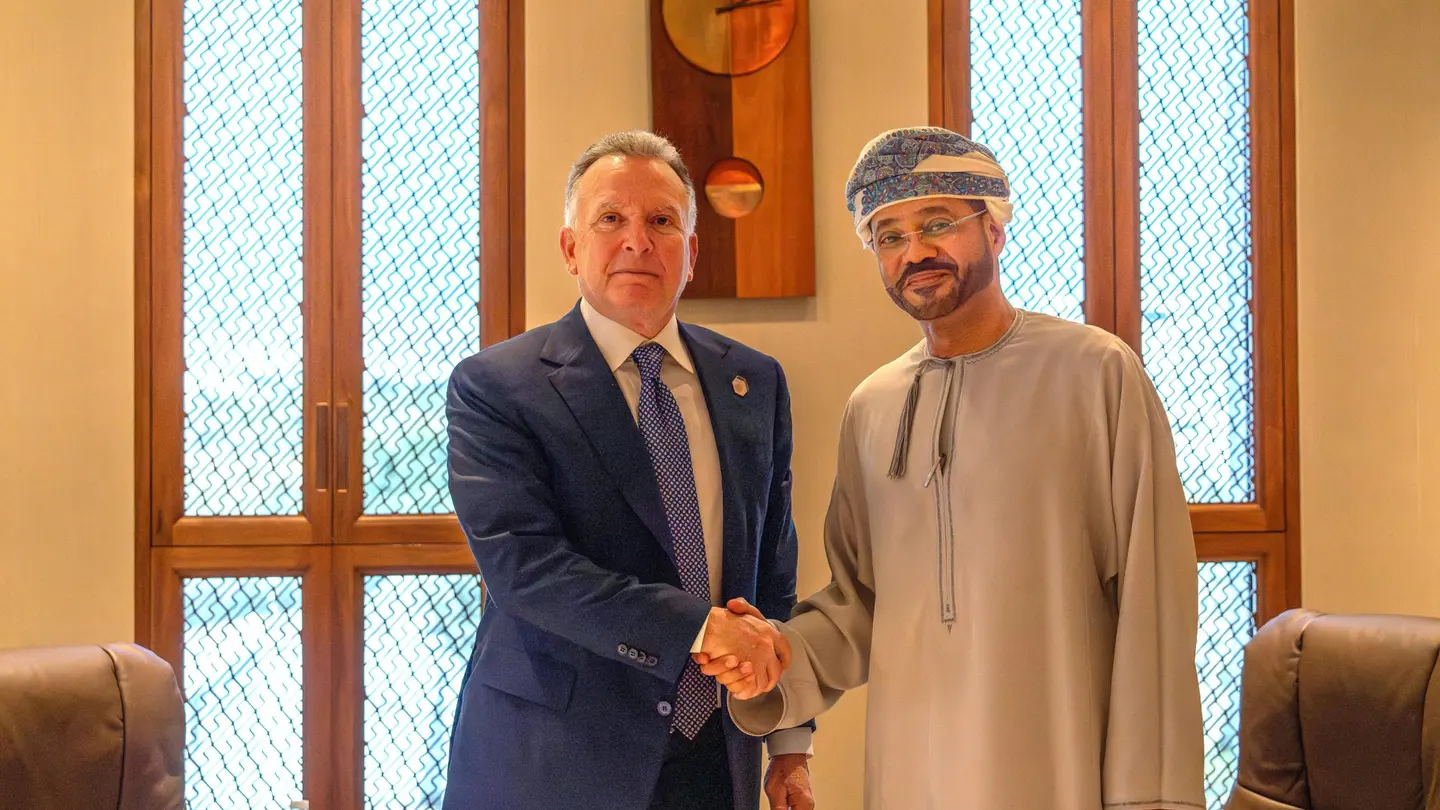On Friday, in Rome, the United States and Iran began their nuclear discussions, with the two countries’ divergent demands having made their positions more apparent in public.
It appears a deal may not be feasible, according to Iranian Supreme Leader Ayatollah Ali Khamenei, who lambasted Washington’s stance this week, which has called for an apparent ban on all uranium enrichment in Iran.
In response to AWN Digital’s inquiries on the White House’s stance on uranium enrichment for civil purposes such as nuclear energy, the spokesperson for Iran’s foreign ministry, Esmaeil Baghaei, informed reporters on Friday that “This round of talks is especially sensitive.” However, the White House has remained silent on the matter.
I hope that in the next one or two meetings we will establish answers that would allow the discussions to advance,” Tehran’s Foreign Minister Abbas Araghchi said before leaving the negotiations, according to Iranian media reports.
He just said, “With Oman’s solutions to remove obstacles, there is a possibility of progress,” without going into detail about the problems or Oman’s potential remedies.
In a post on X early on Friday, Araghchi made Tehran’s stance on Washington’s alleged demands clear. He was supposed to talk informally with Middle East envoy Steve Witkoff through Omani intermediaries.
“Figuring out the path to a deal is not rocket science,” according to him. The elimination of nuclear weapons signifies that an agreement has been reached. Zero enrichment means that we are not in a negotiation.
He also mentioned that it was time to make a choice.
The Iranian government has denied rumors that it is planning to develop nuclear weapons. The International Atomic Energy Agency and other experts are concerned about Tehran’s actions, including as its missile program and its stockpile of near-weapons-grade enriched uranium, which might lead to the development of nuclear weapons.
The United States and many other nations get their energy from uranium enrichment for nuclear power, whereas in Iran, nuclear power accounts for less than one percent of the country’s total energy consumption.
U.S. Secretary of State Marco Rubio said Tuesday that reaching an agreement to allow Iran to maintain a civil nuclear energy program free of enriched uranium “will not be easy,” but he insisted that the United States is still trying to do so.
Behnam Ben Taleblu, a senior fellow with the Foundation for Defense of Democracies and an expert on Iran, told AWN Digital that the Islamic Republic of Iran has not stopped enriching uranium at various levels since April 2006, when this entire crisis really began, and that Washington’s insistence on zero enrichment is the only sober, sane, non-proliferation approach that can be taken with them.
“Iran has more to lose by pushing away from the table,” said he. “Unlike in 2013 and 2015, Iran’s motivation for participation in 2025 is much different. A reduction in maximum pressure is being attempted. Its goals include averting a possible Israeli military strike and a possible reversal of European sanctions.
“This is why Iran is engaging today, and the Trump administration needs to be cognizant that, because of that, it does have the leverage in these negotiations and can demand more,” said Ben Taleblu.
